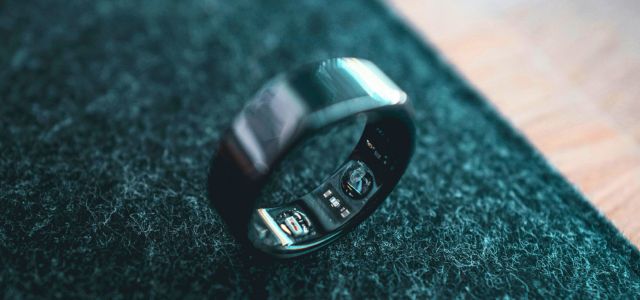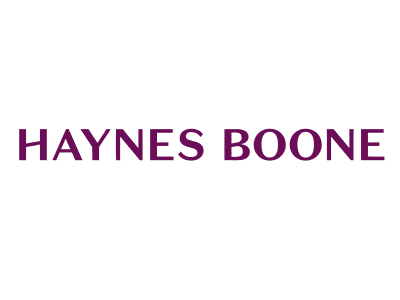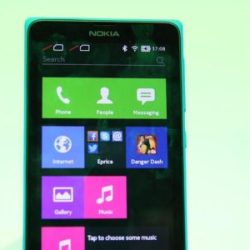Consumers are very familiar with tech product launches. Years of research, speculation, tech blog rumors, and even legal filings all build anticipation for the long-awaited official announcement. The dramatization of the process is, of course, all part of the marketing strategy, but the launch of Samsung’s anticipated Galaxy Ring, its latest wearable tech for fitness and health tracking, included a less common step in the process—seeking a declaratory judgment of non-infringement and cancellation of several patents of a competitor (See Samsung Electronics Co., Ltd. v. Oura Health Oy, No. 3:24-cv-03245-SK, Paper 1 (N.D. Cal. May 30, 2024) (Complaint).
By now, Samsung’s move has drawn plenty of news coverage and divided opinions. Supporters believe that Oura’s patent portfolio is overbroad, claiming fundamental and obvious features of all wearable technology. Samsung has also used Oura’s aggressive litigation history to its advantage. It argues that Oura’s indiscriminate patent assertions have stifled virtually all market entrants, including suing companies even before product launches. Many of these companies don’t have the resources to fight against Oura’s patents.
Samsung also asserts that Oura prioritizes obtaining revenue through litigation rather than innovation, with many of its patents being purchased from third parties. By preemptive litigation, Samsung has positioned itself not as the big, bad, technology-stealing tech giant but as the hero of the smart ring industry, saving it from the oppression of a particularly litigious first-mover.
Naturally, opponents disagree. In response, Oura emphasizes the value of intellectual property rights and points to its growing portfolio, including over 100 granted patents, 270 pending applications, and more than 130 registered trademarks. Oura’s CEO, David Hale, has underscored the company’s readiness to defend its innovations against any potential infringements, signaling to competitors that Oura will continue to actively safeguard its market share.
Given Oura’s reputation both for its extensive patent portfolio and its willingness to assert it, Samsung’s move should not have been unexpected. Oura has filed infringement suits against just about every other market player and used its portfolio to corner consumers into a now infamous monthly subscription program. Samsung simply saw the writing on the wall.
The remaining question is whether Samsung’s preemptive strike will alter the product launch playbook moving forward. When it comes to consumer technology, most major players have their own iteration of similar, competing products. Each product embodies some aspect of hundreds to sometimes thousands of patents owned by a long list of assignees, each eager to get their piece of the pie. Whether the product actually infringes and the extent of any damages or licenses are typically sorted out after launch. By proactively confronting potential infringers, Samsung has flipped this norm on its head.
Future tech launches may follow suit because preempting the infringement process before launch likely streamlines the resolution of legal disputes in a more cost-effective and timely manner. It also puts what would normally be the accused infringer in the plaintiff’s seat, allowing them to lay the groundwork of their case on their own terms and timetable.
On the other hand, the current policy of waiting until after launch to work out infringement issues is not driven by apathy but complexity. It is typically impossible to predict how many and which patent owners will assert infringement, and the more successful a product is, the more likely patent owners are willing to take their shot, even if the infringement mapping is more of a stretch. Samsung’s preemptive strike was in large part necessitated by Oura’s predictable behavior, which is not always the case in most infringement suits.
In any event, the outcome will be consequential, at least for the smart ring industry. A win for Samsung would deal a significant blow to Oura’s market dominance, paving the way for a host of competitors to diversify the field. A win for Oura would all but immortalize its dominant position, likely making the Oura Ring one of very few truly viable options for years to come.

Written by David McCombs
Partner, Haynes and Boone LLP

Written by Eugene Goryunov
Partner, Haynes and Boone LLP
The Patent Lawyer Editorial Board Member

Written by Adam Erickson
Associate, Haynes and Boone LLP
You may also like…
Pravin Anand conferred with the APAA Enduring Impact Award
Pre-eminent IP Lawyer and Managing Partner of Anand and Anand, Mr Pravin Anand, has been conferred with the...
The quiet power of confidentiality clubs in SEP litigation
In standard essential patent (SEP) disputes, especially those involving FRAND (Fair, Reasonable, and...
A $10 million patent win reduced to a $1 lesson in damages
In a decision that will resonate as a stark warning to patent litigants, the US Court of Appeals for the Federal...
Contact us to write for out Newsletter














